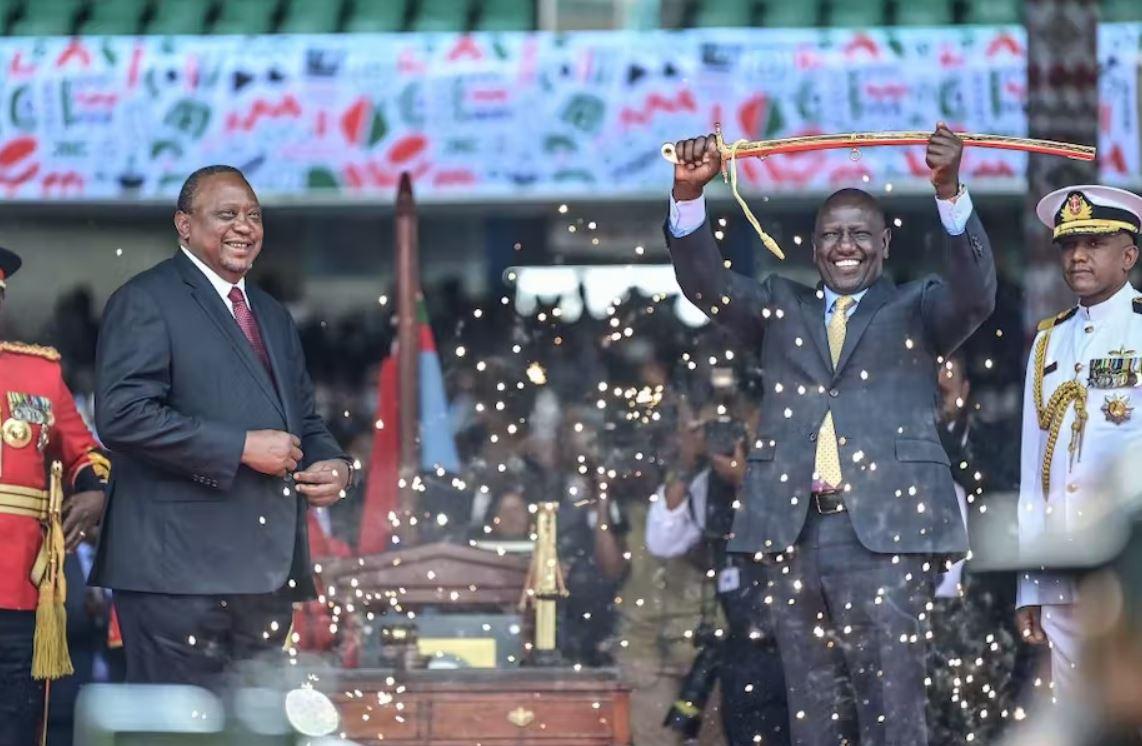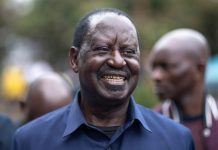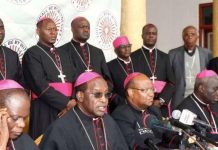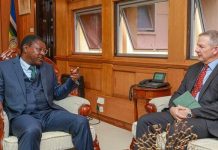Africa-Press – Kenya. Kenya has new rules for choosing the people who run its elections.
President William Ruto has signed into law the Independent Electoral and Boundaries Commission (Amendment) Bill. It changes the composition of the panel that selects people to serve on the country’s Independent Electoral and Boundaries Commission.
The commission is a state institution that has the task of enhancing and supporting constitutional democracy in Kenya. It conducts elections, registers citizens as voters and maintains the voters’ roll. It also fixes the boundaries of electoral constituencies and wards. It settles electoral disputes, registers candidates for election and conducts voter education.
But since it was established in 2011, the commission has been at the centre of Kenya’s history of post-election violence.
In 2013, 2017 and 2022, the losing political parties accused it of failing to administer elections fairly and lawfully.
In 2017, the Kenyan supreme court accused the commission of “bungling” the presidential election. In the 2022 elections, the then vice-chairperson of the commission, Juliana Cherera, disowned the results of the presidential poll before the official announcement.
Raila Odinga, who lost that poll, called for reforms that would make the electoral commission a much fairer referee of the country’s elections.
The new law seeks to streamline the process of appointing members to the electoral commission, making the selection process more participatory and reflective of the country’s diversity.
And it comes at a critical moment. Seven commissioner positions are currently vacant.
A weak electoral agency poses four major threats to Kenya’s democracy: it will fail to deliver fair, free and credible elections; it will disrupt improvements in the country’s transition to democracy; it will prolong the culture of post-election violence; and it will divide the nation’s diverse ethnocultural groups.
It is, therefore, vital that the Independent Electoral and Boundaries Commission be a strong and fully functioning organisation staffed by Kenyans who are dedicated to democratic governance.
What’s changing under the new law
Selecting electoral commissioners is a complex job.
The new law brings more independent commissioners and associations into the selection process. Previously, only three agencies nominated the seven commissioners: the Parliamentary Service Commission, the Inter-Religious Council of Kenya and the Law Society of Kenya. Now there are five. The newcomers are the Political Parties Liaison Committee and the Public Service Commission. They open the door for political parties and the public service to participate in this critical process.
It’s important that the selection panel includes state and non-state organisations that promote election integrity. Only individuals who are citizens of Kenya and meet the integrity requirements in Chapter 6 of the constitution can serve on the selection panel. These individuals must hold a degree from a university recognised in Kenya.
The vacancies
Three of the current vacancies in the commission were expected: these commissioners’ terms had expired. But four other commissioners quit under a cloud of suspicion.
Cherera, Justus Nyang’aya and Francis Wanderi resigned after being suspended for their conduct during the 2022 election. They had alleged that commission chairperson Wafula Chebukati had altered poll results in favour of Ruto. Another commissioner, Irene Masit, was also suspended. She now has charges pending against her before a tribunal investigating the matter.
Why elections matter
Elections are a cornerstone of any democracy. They help a nation build and sustain democratic and development-enhancing institutions.
They are a check on government. Elections put the power in ordinary people’s hands to change their government and choose more effective leaders for public service. They also give historically marginalised groups a voice.
To perform these functions, elections must meet certain minimum standards. They must be regular, fair, free, competitive, inclusive, transparent and credible. They must be conducted in strict conformity with the constitution.
That’s why a strong, independent and functioning electoral agency is so vital.
Risks of dysfunction
In Kenya, a weak and dysfunctional electoral commission would have dire consequences.
First, the failure to conduct elections that are considered by the majority of Kenyans as free, fair and credible could lead to the type of violence that the country experienced after the 2007 presidential election. More than 1,000 people died.
Second, a weak commission can derail improvements in Kenya’s electoral system. A strong commission sets codes of conduct for candidates and political parties. This helps guard against various forms of political opportunism, including corruption.
Third, a dysfunctional electoral commission can be manipulated by politicians and their supporters to monopolise political spaces. This situation has played out in Cameroon, where the ruling party has marginalised the opposition to remain in power since 1990. Similarly, in Togo, President Faure Gnassingbé has monopolised political spaces since 2005.
Fourth, in Kenya, the electoral commission is responsible for creating electoral boundaries. Any weakness in the commission can be exploited to create boundaries that benefit certain politicians and their supporters. This would undermine democracy and create distrust in the country’s democratic institutions.
The new law doesn’t meet the expectations of all of Kenya’s political constituencies – some individuals and groups believe that their voice in the selection panel has been diluted. However, it’s important for all Kenyans to recognise these reforms as an effort in the right direction – towards a stronger and more inclusive commission.
Source: theconversation
For More News And Analysis About Kenya Follow Africa-Press






